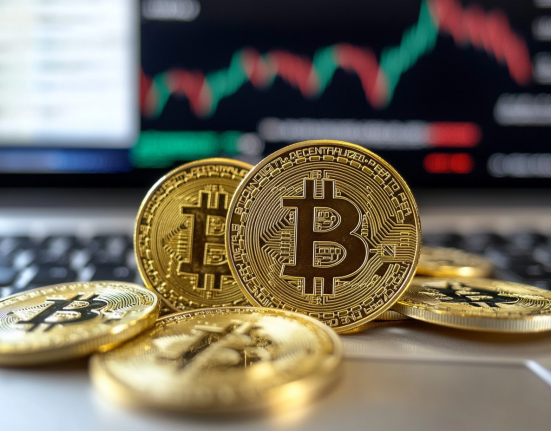Buffett’s Berkshire Hathaway now owns 3% of the T-Bill market.
In a high-rate environment, classic personal finance advice suggests adding to money market funds and cash equivalents in order to take advantage of higher yields, which can provide income without the risk of investing in volatile equities.
But individual investors like you and me aren’t the only ones prioritizing cash and cash-like vehicles these days. Companies such as Nvidia, Tesla, and Alphabet have seen their interest income grow by about 60% from last year, according to Bloomberg.
With interest rates still at record highs, income from high-yield savings accounts and money market funds, which are open-end funds that invest in short-term debt securities, can nearly rival stock market gains—but without the risk. Many firms saw their cash reserves balloon during the pandemic. In a low-rate environment, that dynamic raised alarm bells—but now it seems to be the secret weapon of some of the most lucrative companies in the world, helping them earn income without spending a dime.
The Fed’s decision to keep interest rates higher for longer has had a silver lining for corporate giants hoarding cash, or cash-like investments, such as government securities. Roughly 1 in 10 non-financial companies in the S&P 500 earned more in interest than they paid in debt expense during the first quarter, according to Bloomberg.
Of all the companies utilizing this strategy, Nvidia has doubled down—literally. The company now has over $31.4 billion in cash, cash equivalents, and short-term investments. That’s nearly double the $15.3 billion it held just a year ago. This massive cash stockpile helped Nvidia earn $359 million in interest income last quarter, which was double what it earned in the same period last year.
Nvidia also had about $5 billion invested in money market funds in the past quarter. And it isn’t the only company employing this strategy: Total money market fund assets held by institutional investors have grown by about 20% since 2022, according to Bloomberg.
T-Bill domination
Another corporate giant has also been snatching up debt securities, though its focus has been on short-term Treasury bills, or T-bills.
Berkshire Hathaway has purchased about $158 billion in T-bills as of the end of the first quarter of 2024, according to JPMorgan analysts. That means Warren Buffet now owns roughly 3% of the entire T-bill market.
Buffett has made it clear that he believes cash is particularly attractive in this market environment: “It isn’t like I’ve got a hunger strike or something like that going on. It’s just that they—things aren’t attractive,” he told shareholders in early May.
So for those looking for steady income and safe investments, sometimes keeping it simple can be the best strategy. If cash is good enough for the likes of Nvidia and Warren Buffett, it might be good enough for you, too.








